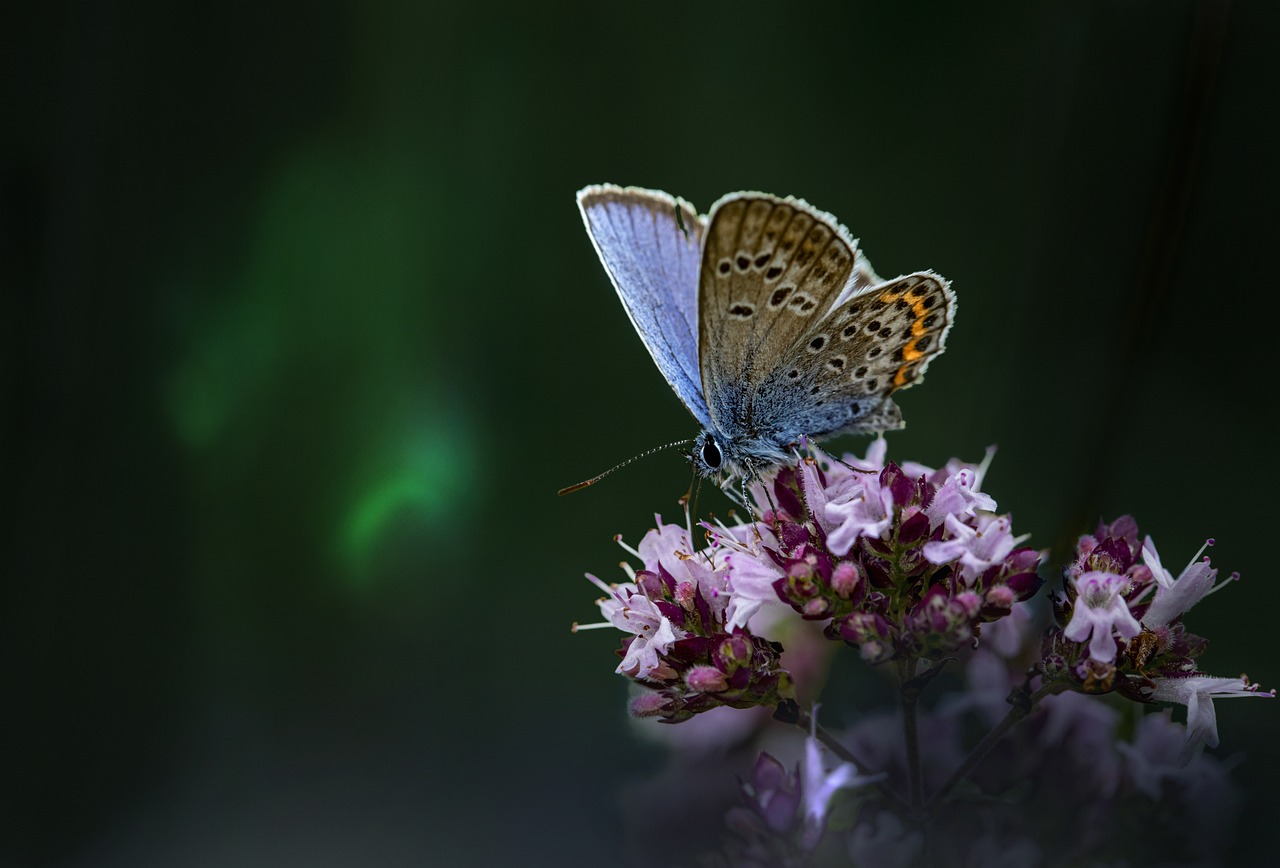The Mazarine Blue (Cyaniris semiargus), also known as the Mazarine Azure or the Semi-argus Blue, is a species of butterfly belonging to the Lycaenidae family. Here are some key features and characteristics of the Mazarine Blue:
- Appearance: The Mazarine Blue is a small to medium-sized butterfly with a wingspan typically ranging from 26 to 36 millimeters (1.0 to 1.4 inches). It has bright blue upperwings with black borders and white fringes. The underside of the wings is grayish-brown with black spots and orange crescents near the edges, providing camouflage when the butterfly is at rest.
- Distribution: The Mazarine Blue is found across Europe, North Africa, and parts of Asia. Its range extends from the Iberian Peninsula in the west to Central Asia in the east. It inhabits various habitats, including grasslands, meadows, open woodlands, and scrublands.
- Lifecycle: Like other butterflies, the Mazarine Blue undergoes complete metamorphosis, progressing through egg, larva (caterpillar), pupa (chrysalis), and adult stages. The caterpillars feed on the leaves of various plants in the pea family (Fabaceae), including vetches (Vicia species) and clovers (Trifolium species). Adults feed on nectar from a wide range of flowering plants.
- Behavior: Mazarine Blues are typically active from spring to autumn, depending on the region. They are often seen flying low to the ground in grassy habitats, searching for mates and nectar sources. Males may also patrol their territories to defend against rivals and seek out females.
- Conservation: While the Mazarine Blue is not considered globally threatened, it may face localized threats such as habitat loss and fragmentation due to agricultural intensification, urbanization, and changes in land use. Conservation efforts focus on preserving and restoring suitable habitats, promoting sustainable land management practices, and raising awareness about the importance of butterflies and their ecosystems.
Overall, the Mazarine Blue is a beautiful and ecologically important butterfly species, contributing to pollination and serving as indicators of environmental health in their respective habitats.
Visited 813 times, 13 visit(s) today
Views: 1406
Subscribe to the newsletter:
